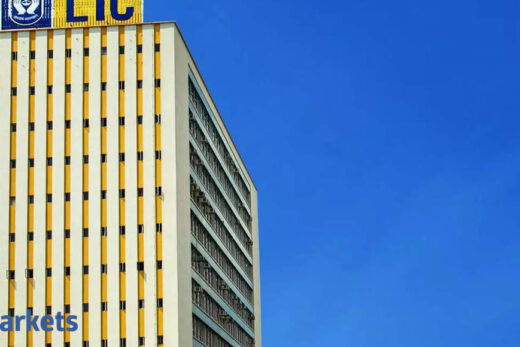The company raised Rs 4,197 crore from 186 anchor investors on Tuesday ahead of IPO opening. The company informed the stock exchanges that it had allotted 55.22 crore equity shares to anchor investors for Rs 76 per equity share.
The funds raised through anchor investors are almost 45% of the total issue size. Overall, 75% of the issue size is reserved for qualified institutional buyers, while 25% of shares have been reserved for high net worth individuals and retail investors.
Marquee investors such as New World Fund, Tiger Global Investment Fund, Fidelity Fund, Baillie Gifford Pacific Fund, Morgan Stanley Investment Fund, Canada Pension Plan Investment Fund, Government of Singapore, Kotak Flexicap Fund, among others, were allotted more than 2% of the anchor book.
Out of the 55.22 crore shares allocation, 18.41 crore shares were allotted to 19 domestic mutual funds such as SBI, Axis, Aditya Birla, Kotak, Motilal, UTI, Nippon India, HDFC, IIFL, Sundaram, Tata, and Principal, among others.
Zomato IPO opened for subscription today and will close on Friday. The price band has been fixed at Rs 72-76 per share of the face value of Rs 1 each. The Rs 9,375 crore IPO comprises a fresh issue of equity shares worth Rs 9,000 crore and an offer for sale (OFS) worth Rs 375 crore by existing investor Info Edge (India).
A majority of the brokerages have recommended that investors should ‘subscribe’ or ‘subscribe for listing gains’ to the IPO, although the company is loss making.
IDBI Capital expects the company’s losses to come down going forward, driven by higher delivery charges and a reduction in competitive intensity. “Valuation looks expensive from near term point of view but given the non-linear growth opportunity, we believe it’s better to stay invested in such companies.”
Motilal Oswal Financial Services said, investors with a high-risk appetite could subscribe to the Zomato IPO for listing gains given the market’s fancy for unique and first-of-its-kind listing in the food delivery business. “Valuation appears expensive, but operating earnings losses have reduced substantially with the scale-up in the business and per unit, economics turning favourable,” it said.



